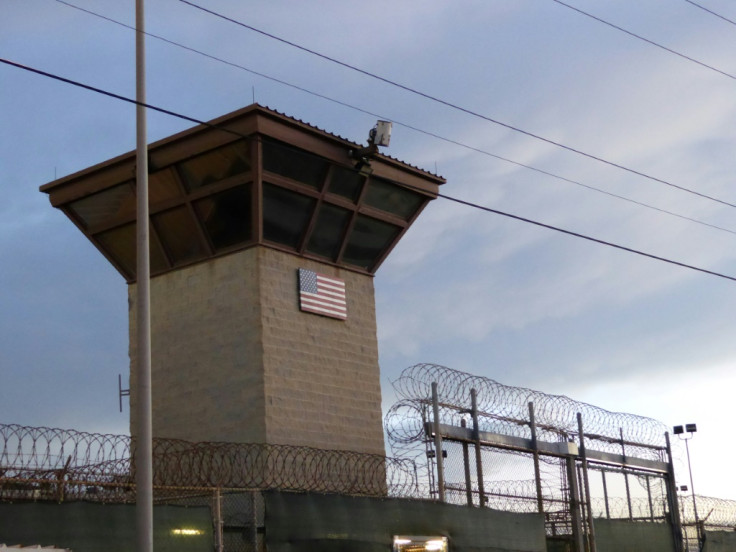
Several popular US-based food brands, which each generate more than 500 billion dollars a year, have been linked to a hidden prison workforce in a recent report.
The Louisiana State Penitentiary is infamous for being America's largest maximum-security and "worst" male prison, housing more than 5,100 detainees.
After a lengthy investigation, that lasted a huge 24 months, the Associated Press reported that the Louisiana inmates are subject to long hours of manual labour that fuels some of the world's largest food companies.
While analysing captive labour and the treatment of prisoners, the American Civil Liberties Union (ACLU) and the University of Chicago found that, on average, people imprisoned in Louisiana's facilities earn just two cents to 40 cents an hour.
Refusal to work for the small wages, often results in further punishments like being sent to solitary confinement or jeopardising the chance of parole – the investigation found.
In September last year, Dyjuan Tatro, a Senior Government Affairs Officer at the Bard Prison Initiative, spoke to reporters about his experience in a US prison system that felt like "legalised slavery".
"No matter how many hours I worked, I couldn't afford toilet paper, soap or toothpaste. We had to pay for basic hygiene products at exploitative markups, way more than they cost in free society, and I was paid 10 cents an hour," Tatro, who served 12 years in prison, explained.
Tatro called the incarcerated labour "meaningless and dehumanising", going on to note: "There's a misleading narrative pushed by officials about prison labour, one that falsely frames prison jobs as rehabilitative. Nothing could be further from the truth."
With work being an opportunity to get out of the cell, the Senior Government Affairs Officer said: "I had no choice in whether I went to work or not – and there were no sick days. If I didn't go, I would be locked in my cell for 23 hours a day. And as little as it was, I needed the pay."
According to the Associated Press, unmarked trucks are consistently moving to and from Louisiana State Penitentiary. The trucks are packed with prison-raised cattle and are sold to a local rancher.
The cattle are then transported even further, 600 miles, until they reach a Texas slaughterhouse – as reported by the Associated Press.
The study went on to expose how the prison-raised cattle are transported from the penitentiary to the supply chains belonging to US and UK giants like McDonalds, Aldi, Walmart and Whole Foods.
Cargill, the global food corporation that is committed to "providing food, ingredients, agricultural solutions, and industrial products to nourish the world in a safe, responsible and sustainable way", was also named in the list of companies linked to Louisiana State Penitentiary.
Kroger and Target were also named in the investigation.
The goods that the inmates produce can be found in most supermarkets in America, the report recognised, considering the supply chains link to an array of products -including the cereal, Frosted Flakes, Ball Park branded hot dogs, Gold Medal flour, Riceland rice and fizzy-drink giant Coca-Cola.
Despite certain countries having bans on incarceration labour-sourced products, the goods, which have been produced using prison labour, have also been shipped overseas.
The Associated Press report noted that many companies who are buying the products from Louisiana State Penitentiary directly, for a cheaper price, are violating their own moral policies and restrictions regarding such agricultural labour.
Following the investigation, Louisiana State Penitentiary was likened to a former Southern slave plantation considering the Louisiana Constitution by the 13th Amendment forbids slavery and involuntary servitude – except as a punishment for convictions.
The clause is currently being challenged on a federal level, while efforts are also being made to remove any similar language from constitutions in other states this year.







